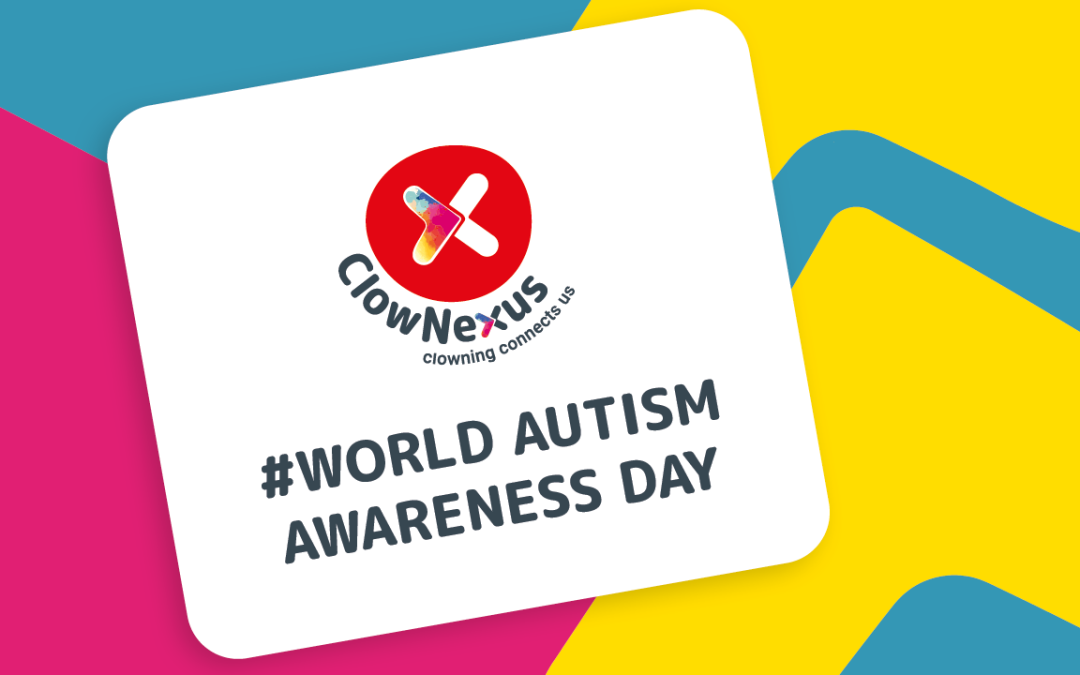orld Autism Day 2022: Autism was once believed to be rare, but recent studies have now shown that autism affects around 1 in 100 people*. Appropriate support and acceptance of this neurological variation allow those on the Spectrum to enjoy equal opportunity and full and effective participation in society. However, too often, people with ASD face many restrictions and barriers in their daily life, including the enjoyment of an active cultural life.
With Clownexus we want to tackle the lack of interactive artistic performances developed with and for two target groups, one being children with autism spectrum disorder and the other elderly people with dementia.
We want to close this gap to enable our target groups to have access to cultural activities that fits to their needs and take into account their special talents and wishes.
Most of our ClowNexus partners are already reaching out to children with ASD through their existing activities in their country. Together they will now create new creative and sensitive approaches towards working with children with Autism, including them, their families and care givers in the process of creation.
Our baseline study revealed that there is already a lot of knowledge, a lot of good practise and promising approaches. It also identified opportunities of improvement: artistic skills can be improved, as well as the knowledge about the clinical aspects of ASD to better personalize the interactions with the children. More impactful interventions will be possible if they are crafted together with children with ASD and their environments.
For this creative process, clowning artists from all ClowNexus partner meet in several artistic laboratories. One of them already took place in October 2021 in Finland (read more here), the next one will follow at the beginning of April in Lithuania. In the artistic laboratories, the clowns exchange on good practices and develop new methodologies to interact with children with ASD, based on state-of-the-art education and with the collaboration of experts.
In between the international laboratories, the artists engage with children with ASD in their own country to have a better understanding of the needs and wishes of the kids, and collaborate with medical and educational staff to show clowning in meaningful ways can be enriching and make a difference.
Nurse Anna Reenkola about the impact of healthcare clowns on children with Autism:
* Source: Autism in Europe, Belgium (https://www.autismeurope.org/about-autism/prevalence-rate-of-autism/)






Recent Comments